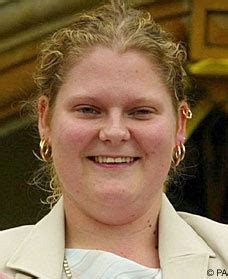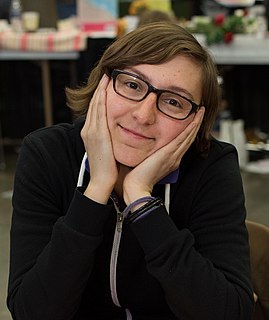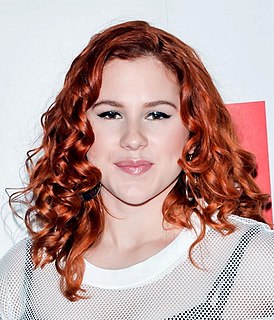A Quote by Christy Turlington
I have a son and a daughter; I try to teach them equally about balance, gender, and gender equity.
Related Quotes
Gender is not something that one is, it is something one does, an act... a "doing" rather than a "being". There is no gender identity behind the expressions of gender; that identity is performatively constituted by the very "expressions" that are said to be its results. If the immutable character of sex is contested, perhaps this construct called 'sex' is as culturally constructed as gender; indeed, perhaps it was always already gender, with the consequence that the distinction between sex and gender turns out to be no distinction at all.
One of the concepts I was having trouble illustrating was the concept that administrative systems create narrow categories of gender and force people into them in order to get their basic needs met - what I call "administrative violence." I had images of forms with gender boxes and ID cards with gender markers, but I also wanted an image that would capture how basic services like shelters are gender segregated.
I think growing up, the assimilation of most cultural conventions typically encouraged by a heightened awareness of gender and sex encourages a sort of separation of the self. What's so special about 'Hanna' is that her upbringing has negated this indoctrination; she's almost absolved of the pressures of gender or gender itself.
I've always thought about gender, as someone who has been categorically "gender nonconforming" for my entire life, I was forced to think about it, but obviously I became more conscious of it as a social issue as I've gotten older. And as I've met more folks who are genderqueer or trans, it's been really enlightening to hear their stories, and it got me thinking about my own gender history.






































